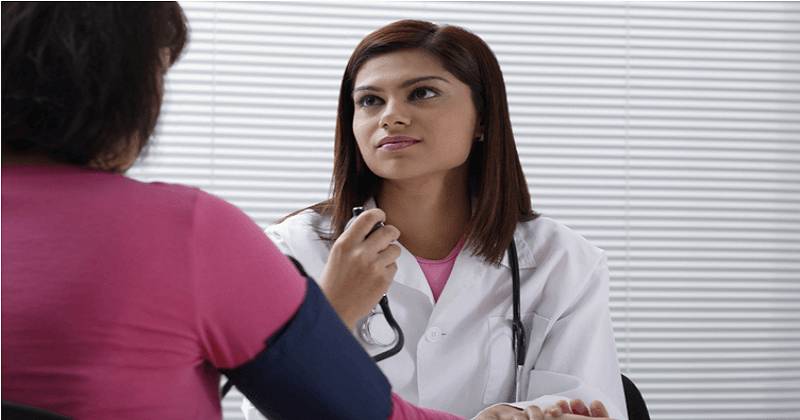
From infancy until old life, the human body undergoes several changes. Our metabolism and other processes slow down as we become older, which can lead to health problems like diabetes and hypertension. This emphasises the need for getting regular health screenings in order to make the transition simpler and better for the body.
For women attempting to establish a work-life balance, the thirties are a critical period. Juggling work stress and a plethora of other duties may be detrimental to one’s health. Medical examinations annually are the greatest approach to avoid lifestyle illnesses and catch them early, according to Dr. Geeta Aurangabadkar, clinical director of Proactive For Her.
Continue reading to learn about the five crucial tests that every woman should have when she reaches the age of 30.
Complete blood count
A complete blood count (CBC) is a blood test that is used to assess general health and diagnose a variety of diseases such as anaemia, infection and in rare circumstances, a blood cancer. A complete blood count (CBC) test determines the number of red blood cells (RBCs), white blood cells (WBCs), haemoglobin, Hematocrit (Hct) and platelets in your blood.
‘It is estimated that 52 per cent of non-pregnant women of reproductive age are anaemic. At the brink of your 30’s, this test is commonly used as a screening test to detect anaemia. This may lead to further clues about common nutrient deficiencies that may cause anaemia, such as iron or B12. CBC is also done to monitor your overall health and treatment (if you are undergoing any),’ Dr. Aurangabadkar said.
Lipid profile
The quantity of particular fat molecules termed lipids in the blood is measured by the lipid profile. It’s a panel test that detects a variety of chemicals, including cholesterol in various forms. This test assesses the risk of heart disease as well as the health of the blood vessels. According to Dr. Aurangabadkar, knowing this might help someone change their eating habits, diet, stress, exercise, and lifestyle for the better. Thyroid disorders and PCOS are commonly associated with unfavorable lipid profiles.
Thyroid function test
In India, about one out of every ten women suffers from thyroid problems. It’s critical to check yourself for thyroid issues because the symptoms are generally subtle at first and might go undiagnosed for a long period. ‘Irregular periods, unexplained weight gain, hair loss or infertility are the most commonly reported symptoms, the doctor added. An underactive thyroid gland (hypothyroidism) and an overactive thyroid gland (hyperthyroidism) may both be detected with a simple blood test.
Blood sugar
Diabetes affects more than one out of every ten women aged 35 to 49. Dr. Aurangabadkar stated that diabetes symptoms might exist in the background for a long period without being evident. As your body is unable to make or use insulin effectively, diabetes can cause your blood sugar (blood glucose) to increase to dangerously high levels. Insulin is required for the body to use blood sugar for energy.
Pap smear
As per Dr. Aurangabadkar, India is responsible for roughly a quarter of all cervical cancer fatalities worldwide. A Pap smear is a basic cervical cancer screening technique that detects abnormalities early on. It is also used to detect alterations in cervical cells that might develop malignant in the future and require more monitoring.
Also Read: Is your body at risk if you don’t exercise?
‘Staying healthy requires effort, commitment and vigilance. A healthy diet and exercise is only half the job. Annual health checkups should be given utmost priority to weed out problems before they create havoc. It’s time to take control of your health and your life,’ Dr. Geeta Aurangabadkar further said.

Post Your Comments